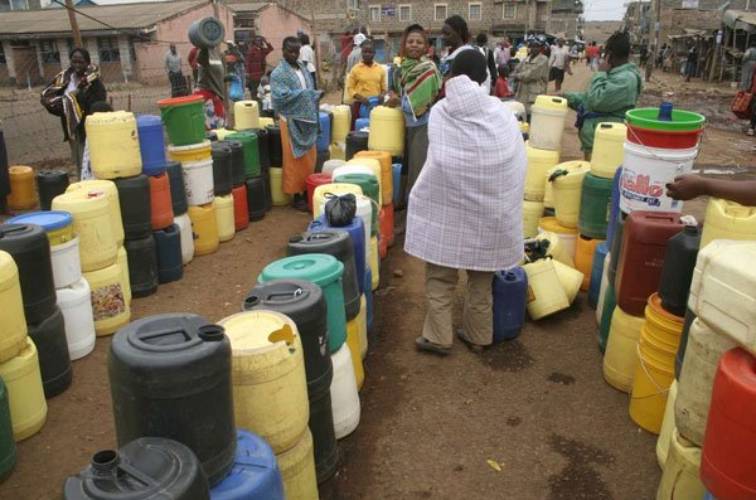×
The Standard e-Paper
Kenya’s Boldest Voice

For weeks now, Nairobi city dwellers have been grappling with dry taps. The available water cost an arm and a leg, and now no one knows the source.
Residents will now have to brace for even severer water shortage with the government agency concerned with water supply offering lamentations. Nairobi residents now have nothing to smile about.